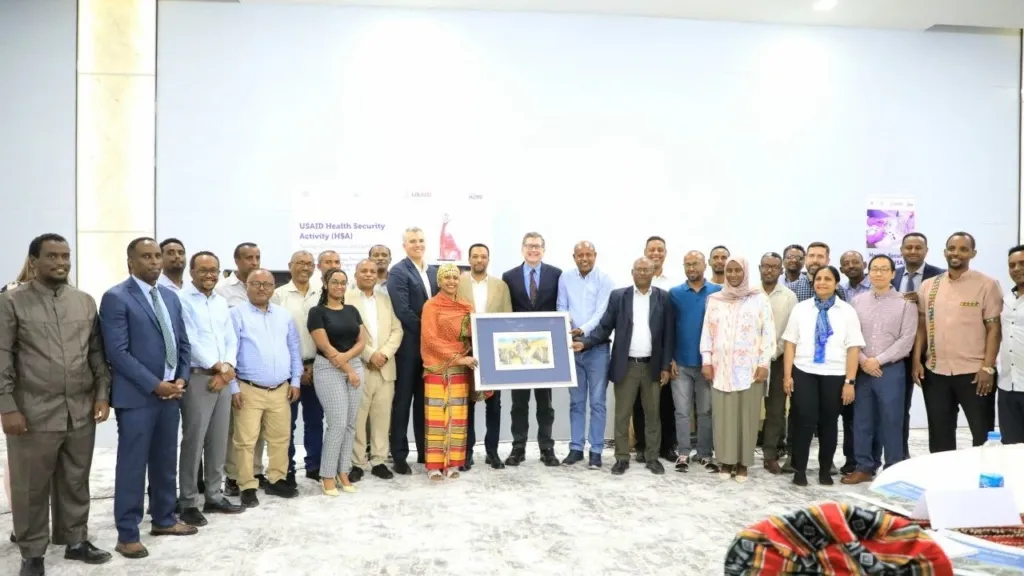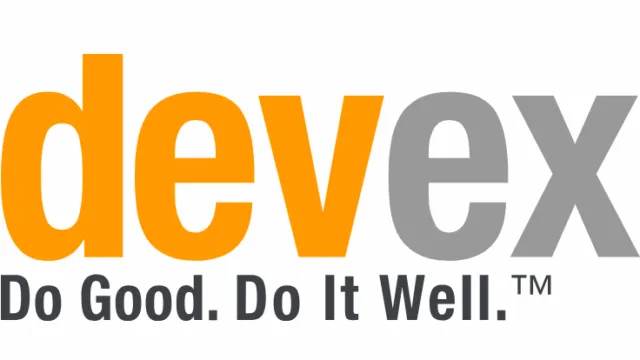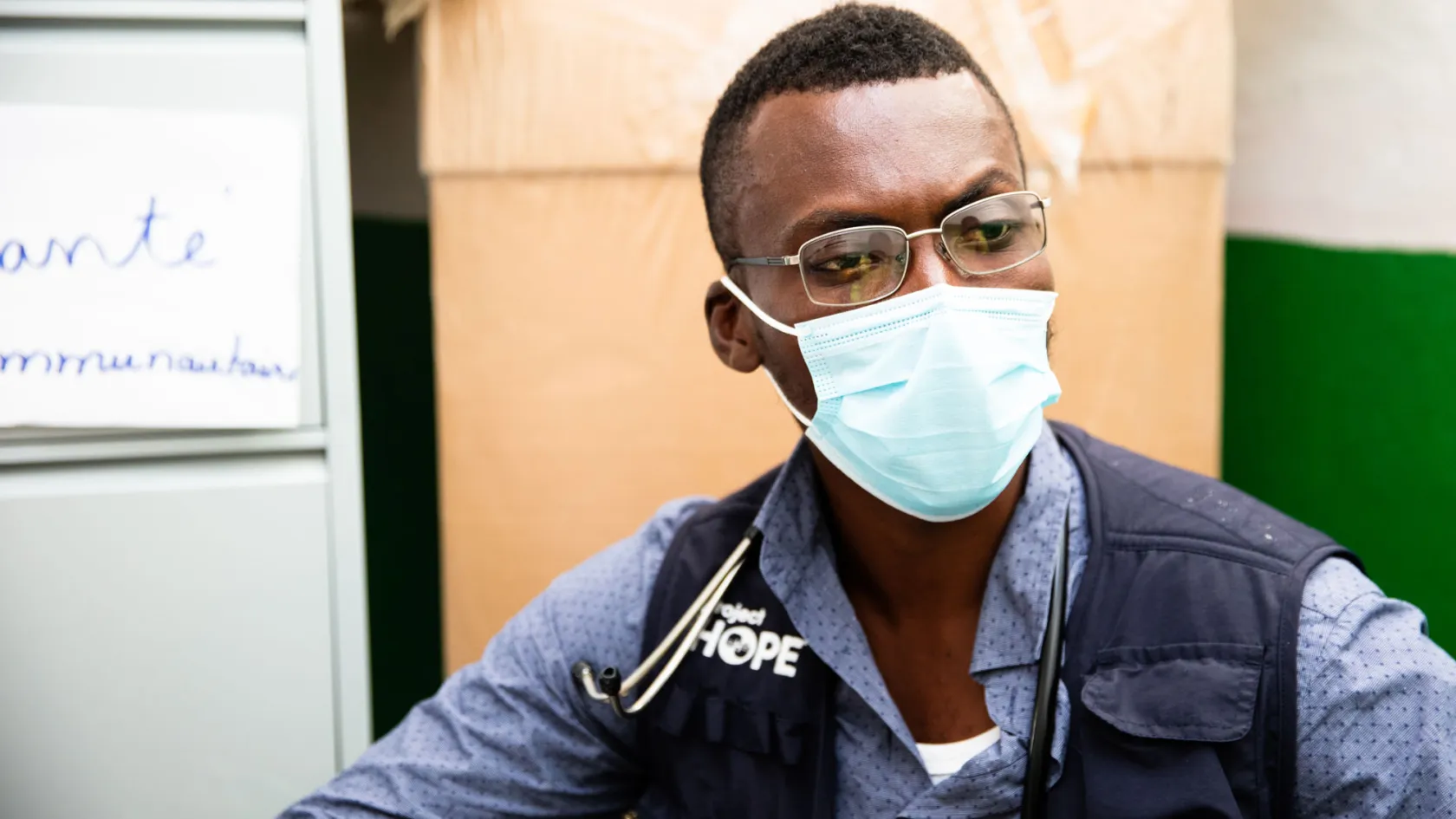5 Things to Know About What’s Happening in Haiti
Haiti is facing a number of serious challenges to health and safety, including a recent outbreak of cholera. Learn more about what’s happening and what Project HOPE is doing to help.
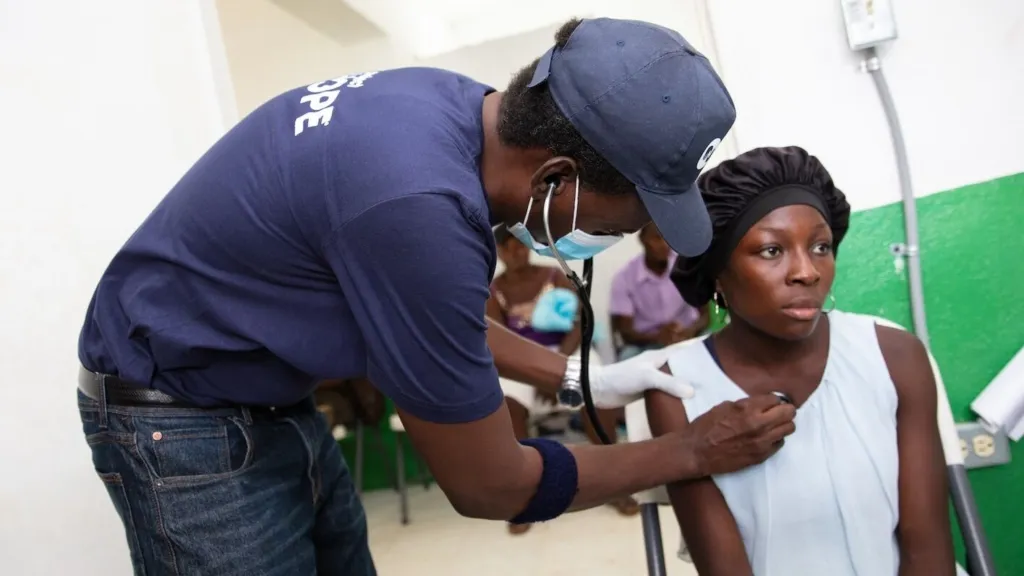
Haiti is facing one of the largest humanitarian crises in the western hemisphere. Cholera, food insecurity, malnutrition, and violence have impacted the entire country and complicated the delivery of aid to communities facing the greatest challenges.
Project HOPE is scaling up our response to the spread of cholera across Haiti, which began in September 2022 and has infected at least 28,000 people. As part of our cholera response, Project HOPE is implementing a multisectoral program to support eight health facilities and respective catchment areas in Nippes, Sud, and Grand’Anse Departments. The program focuses on the prevention and treatment of cholera through medical surge staff; medicines and medical supplies; water, sanitation, and hygiene (WASH) interventions; and an integrated community health worker response.
Here are five things to know about the health situation in Haiti and the greatest challenges its population is facing.
1. Cholera is back.
Cholera has been endemic to Haiti since the 2010 outbreak. The original epidemic came on the heels of the January 2010 earthquake that killed over 200,000 people and damaged or destroyed 250,000 residences and 30,000 commercial buildings. Significant investment into preventative measures and medical treatment managed to control the epidemic, but only after nearly 800,000 were infected and over 9,000 killed by the disease.
The current cholera resurgence was noted in October 2022 and has infected at least 28,000 people. Eradicating cholera requires continued extensive investment in water and sanitation infrastructure, health facility case management, and community-based education. Project HOPE is on the ground leading an integrated response to this outbreak inside multiple health facilities across three departments in Haiti.
“It is well known that contaminated water and a lack of sanitation lead to the transmission of diseases like cholera, diarrhea, dysentery, hepatitis A, typhoid fever, and polio,” said Dr. Didinu Tamakloe, Project HOPE’s country director in Haiti. “The inadequacy, absence, or poor management of water and sanitation services exposes people to avoidable health risks. This is particularly true in health facilities where patients and staff are at additional risks of infection and disease when water, sanitation, and hygiene services are not available. For this reason, Project HOPE’s interventions are much more focused in the hospital setting.”
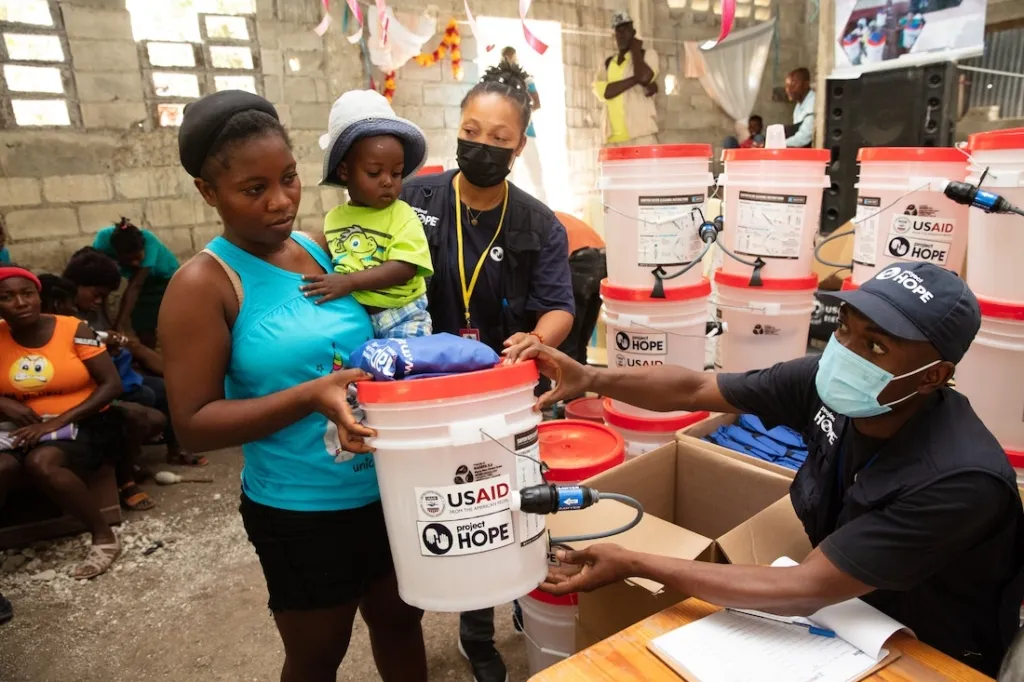
2. Gang violence and political insecurity have been a huge driver for the disease.
A volatile political climate and subsequent gang wars for control across the capital have triggered a complex humanitarian crisis, including a shortage of fuel, closure of international import points into the country, restricted access to health care and education, and food insecurity.
Until late 2022, it had been three years since the last outbreak of cholera in Haiti. The current increase in cases is partly attributed to the rampant violence and the increase of overcrowded, under-served communities controlled by gangs in Port-au-Prince. Lack of clean drinking water and access to health care—a direct result of the insecurity in Haiti’s larger cities—is also promoting the spread of infection.
3. Cholera is just the tip of the iceberg. The basic needs of the Haitian people have been at severe risk because of the violence.
Haiti is struggling with food insecurity that has put 1 million people at risk of acute food insecurity in Port-au-Prince alone, with 5 million people suffering from food insecurity across the country. Criminal gangs have stopped food supply chains and will distribute only to families cooperating with their demands. Women and girls are often sex trafficked in exchange for food.
The prevention, treatment, and case management of gender-based violence, including sex trafficking and rape, has become a priority for humanitarian organizations in-country. Project HOPE is working to train health care workers and community health agents to support the health and mental health needs of survivors of gender-based violence.
Primary health care centers across the country are lacking in resources. In many government facilities, staff have not been paid in months. Medicines and medical supplies are short due to disrupted supply chains. Basic infrastructure to maintain infection prevention is lacking, encouraging the spread of not just cholera but other infectious diseases.
“Access to safe drinking water and sanitation is a major element in strengthening the resilience of populations to the harmful effects of the human-made crises and natural disasters Haiti has experienced for several years,” Dr. Tamakloe said. “Rehabilitating or expanding water and sanitation systems in hospitals and communities not only saves lives and improves overall health, but is also an essential element in building more stable, safe, and prosperous societies.”
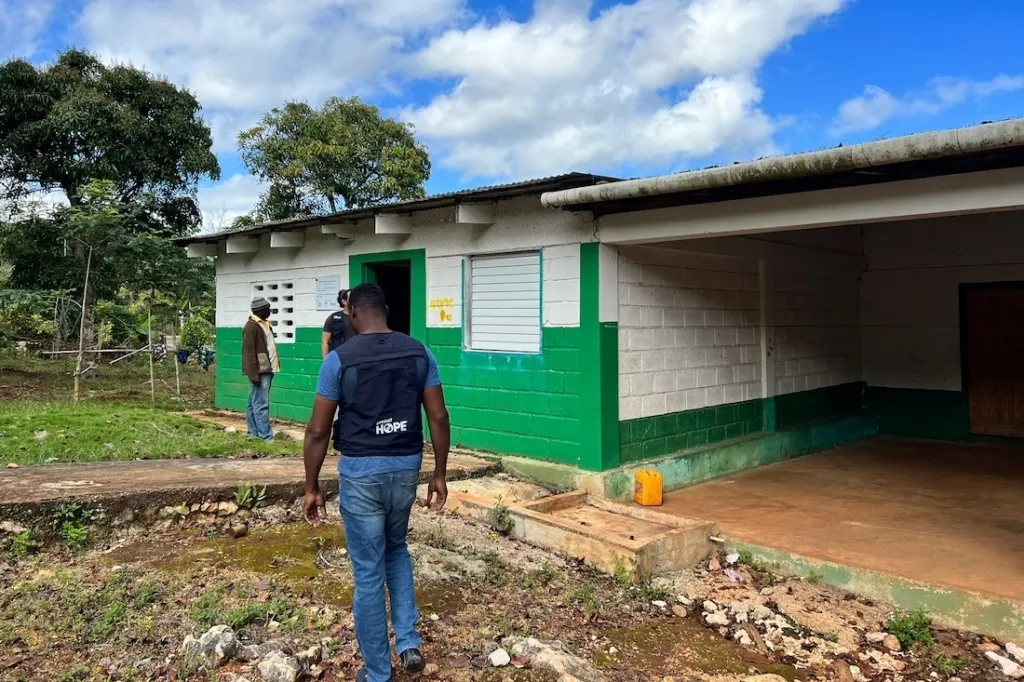
4. The number of cholera cases is likely underreported.
This current outbreak has infected nearly 30,000 people, but underreporting is likely. Political instability and rampant violence have prevented the flow of communication to government health authorities, and access to communities with localized outbreaks is prevented because of insecurity.
Project HOPE’s cholera response in Haiti includes rehabilitating and constructing drinking water points and latrines, distributing hygiene kits, infection prevention and control activities, and hygiene promotion activities in health centers and in the community—all of which aims to effectively fight the cholera epidemic that is causing considerable devastation.
“Project HOPE’s Haiti team has determined WASH interventions for each health facility with water points and storage representing the most common support proposed,” Dr. Tamakloe said. “The purpose of Project HOPE’s work is to ensure that vulnerable populations in Haiti have easy access to this essential resource through dignified solutions adapted to local realities.”
5. Cholera is especially dangerous to children, and most dangerous to children who are underweight.
Children 4 and younger make up nearly 20% of suspected cholera cases in this outbreak, and children ages 5-9 make up over 16% of cases. Without proper health care and a decrease in malnutrition and food insecurity rates, children will continue to bear the burden of this disease.
As part of our cholera response, Project HOPE is complementing health and WASH sector activities with Mental Health and Psychosocial Support (MHPSS) services at the health facility and community levels, including a robust component on preventing and responding to gender-based violence.
“In the future, Project HOPE will continue to develop and implement health and WASH projects in order to improve WASH coverage in the communities most affected by cholera and with limited access to these services,” Dr. Tamakloe said. “Our commitment to improving access to safe water and sanitation will increase the resilience of populations to the effects of crises, natural disasters, and the impacts of climate change.”
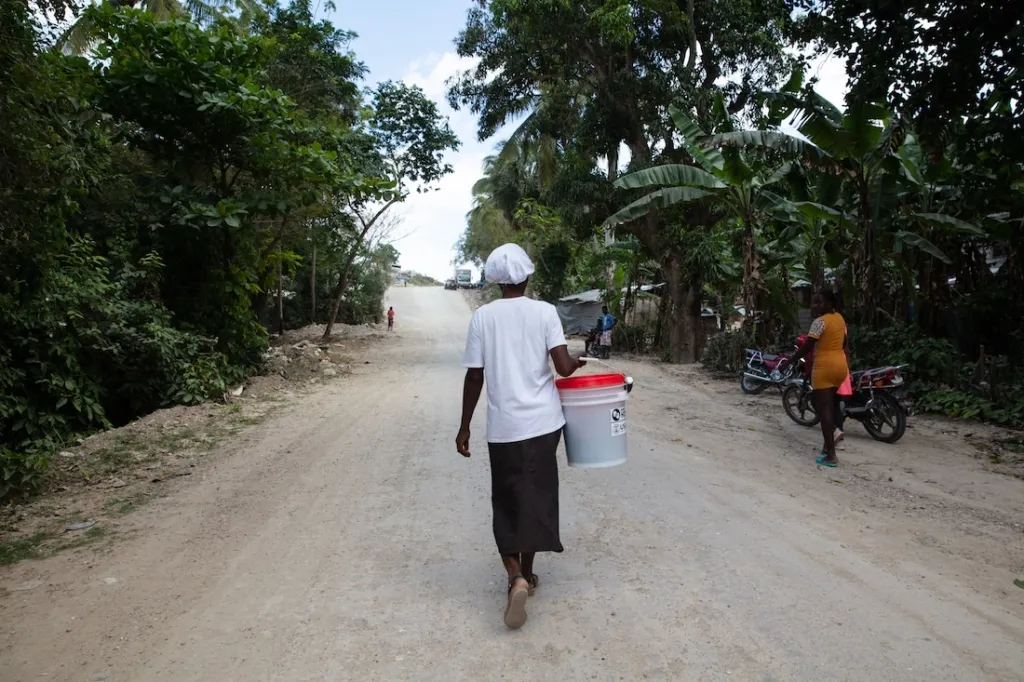
Chessa Latifi is a Senior Program Advisor for Global Health at Project HOPE.

